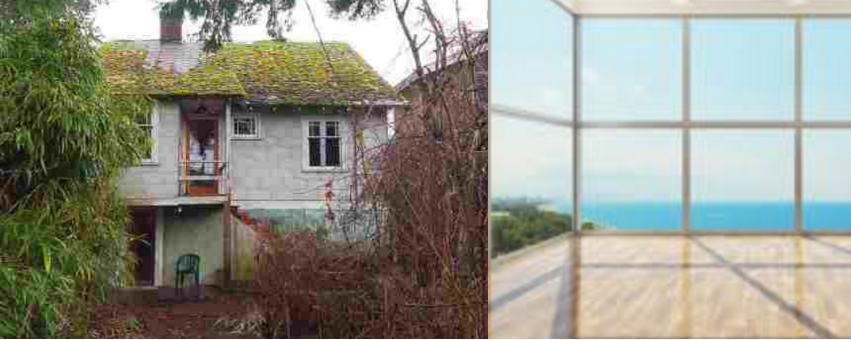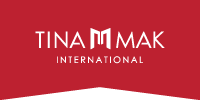Vancouver Poised to Take Next Steps on Empty Homes Tax

Here you go! Fresh from the oven from the Mayor's office..I find it has a hard time to exercise this policy. It's more noise than anything. It will waste tax payer's money to monitor the whole process for this 10,800 empty homes. Among these properties, there are many homes worth land value only and require major update as well as some high end luxury properties which has very high rental rate. In both cases, it won't help the vacancy situation. Well, just another excuse to collect more tax that has little effect. This is just my humble opinion.
Office of the Mayor
Vancouver Poised to Take Next Steps on Empty Homes Tax
City on track to implement proposed tax by 2017, aiming to put 10,000+ empty and underutilized homes back into Vancouver's rental market
September 14, 2016 (Vancouver, BC) - Vancouver is on track to implement a tax on empty and underutilized homes before the end of the year, Council will hear next week [hyperlink to report]. The proposed tax targets Vancouver's known 10,800 empty homes, incentivizing owners to rent out their secondary and investment properties as the city's rental vacancy rate continues to hover near-zero.
"Vancouver's dangerously low vacancy rate is putting our renters in crisis. Our proposed empty homes tax is first and foremost about bringing rental homes back into the market," says Mayor Gregor Robertson. "We need to ensure the best use of all our housing. Empty and underutilized investment properties are holding back badly needed homes for thousands of renters who are struggling to find a secure and accessible place to live in a tight rental market."
The proposed tax targets residential properties left empty or underutilized and used as a business holding that could be returned to the rental market, and will be administered using self-declaration, audit and complaint response:
* Principal residences - either by owner, licensee (such as a family member), or tenanted- generally will not be subject to the tax. Owners will be required to declare their principal residence (or tenancy), similar to declaring the Home Owner Grant.
* If audited, owners will have to prove that the home was a principal residence for the owner, a tenant or a licensee, via a BC Driver's licence or BCID, a completed Home Owner Grant, a tenancy agreement or similar documentation.
* If the owner is unable to prove the home was a principal residence for a minimum number of days in the previous year (to be determined by staff through consultation this fall), the tax will apply.
* If a declaration is not made, legislation allows for owners to automatically be charged the empty homes tax.
Some homes will be subject to exemptions under the new tax, which will be determined this fall through public consultation.
The proposed empty homes tax rate (earlier proposed by staff between 0.5%-2% of assessed property value per year) will be determined over the coming weeks through further public consultation. Staff conservatively estimate the proposed empty homes tax, if collected on 5% of the known 10,800 empty homes, could raise approximately $2 million in annual revenue, which will be re-invested into the City's affordable housing initiatives.
Staff will report back to Council in November with the final proposed tax by-law, in time for implementation in 2017.
Since 2011, Vancouver has enabled over 12,000 affordable homes. The proposed empty homes tax is part of a suite of steps Council is pursuing to relieve pressure on Vancouver's housing market, including:
* Directing staff to bring forward steps to regulate short-term rentals, like Airbnb, this fall;
* Pursuing modular housing on city-owned sites for temporary affordable housing;
* Offering 20 sites of City-owned land worth $250 Million to senior governments to use for affordable housing;
* Calling for both a speculation tax and a luxury sales tax to create a more level playing field in the housing market;
* Increasing family home requirements in new housing projects to 35%; and
* Providing four City-owned sites to enable Vancouver's first Community Land Trust.
For more information on the proposed empty homes tax, and to be added to future communications and engagement on the tax, visit Vancouver.ca/emptyhomes<file:/


